Uniting Power: Role of Hybrid Inverter on Grid Integration
In the realm of energy distribution, island grids and micro-grids present a unique set of challenges. Maintaining the delicate equilibrium between energy production and consumption often relies on diesel generators, despite their drawbacks. These generators, tethered to the uncertainties of fuel prices and delivery logistics, pose environmental concerns as well. Seeking alternatives, the spotlight turns to renewable energies like wind and solar power. While these sources offer independence from imported fuels and boast environmental friendliness, their inherent variability poses a challenge. Enter hybrid power systems, where the synergy between conventional and renewable energy sources is optimized through innovative technologies like hybrid inverters.
Maximizing Efficiency: The Role of Hybrid Inverter on Grid
1.1 Enhancing Renewable Integration
At the forefront of this energy revolution lies the Hybrid Inverter on Grid, a pivotal component in on-grid hybrid power systems. As renewable energies such as solar and wind are subject to natural fluctuations, aligning their production with consumption becomes paramount. Hybrid inverters bridge this gap by intelligently managing the flow of energy between conventional and renewable sources. Leveraging advanced control algorithms, these inverters seamlessly synchronize disparate energy inputs, optimizing efficiency and reliability.
1.2 Empowering Island Grids
In island grids and micro-grids, where self-sufficiency is a driving force, hybrid inverters emerge as game-changers. By integrating renewable energy sources with existing infrastructure, they reduce dependency on diesel generators and pave the way for a sustainable energy future. CNTE, a leading supplier of hybrid inverters, stands at the forefront of this transformation, offering cutting-edge solutions tailored to the unique needs of island communities.
Exploring the Landscape: Applications and Implementation
2.1 Design Considerations
In the pursuit of resilient energy systems, the design of hybrid power systems warrants careful consideration. Hybrid inverters play a central role in this process, dictating the system’s performance and adaptability. From sizing and configuration to grid integration and control strategies, each aspect demands meticulous attention. CNTE’s expertise in this domain ensures that every system is meticulously tailored to maximize efficiency and reliability.
2.2 Operating Experience
Real-world experience serves as a litmus test for the viability of Hybrid Inverter on Grid systems. Through field trials and pilot projects, the performance of hybrid inverters is evaluated in diverse operating environments. These insights inform refinements in design and implementation, driving continuous improvement. CNTE’s commitment to innovation is reflected in its collaborative approach, engaging stakeholders to gather valuable feedback and refine their offerings.
2.3 Economic Viability and Business Models
In the pursuit of sustainability, economic viability plays a pivotal role. Hybrid power systems must strike a balance between upfront costs and long-term savings to garner widespread adoption. CNTE’s holistic approach encompasses not only the technical aspects but also the economic considerations. Through innovative business models and financing options, they aim to democratize access to clean energy solutions, fostering a more sustainable future for all.
Charting the Course: The Future of Hybrid Power Systems
3.1 Harnessing Innovation
As the energy landscape continues to evolve, the role of Hybrid Inverter on Grid systems will only grow in significance. Emerging technologies such as energy storage and grid-interactive capabilities promise to further enhance the efficiency and reliability of these systems. CNTE remains at the forefront of this innovation wave, driving the development of next-generation hybrid inverters that empower communities and mitigate environmental impact.
3.2 Collaborative Endeavors
The 7th International Hybrid Power Systems Workshop serves as a nexus for collaboration and knowledge exchange. Bringing together stakeholders from across the globe, the workshop provides a platform to explore the latest advancements in hybrid power systems. From academia and industry to policymakers and practitioners, diverse perspectives converge to chart the course for a sustainable energy future.
Integration with Smart BESS Charging & Testing Stations
4.1 Innovative Design Recognized at the MUSE Design Awards
The YOSHOPO intelligent home storage system, developed by Contemporary Nebula, has recently been honored with the prestigious 2022 MUSE Design Gold Award. This recognition at the MUSE Design Awards, often referred to as the “Oscars of Industrial Design,” highlights the exceptional quality and innovative design of the YOSHOPO system. Under the rigorous judging system of the International Awards Associate (IAA), this accolade underscores the system’s significance in the global creative field.
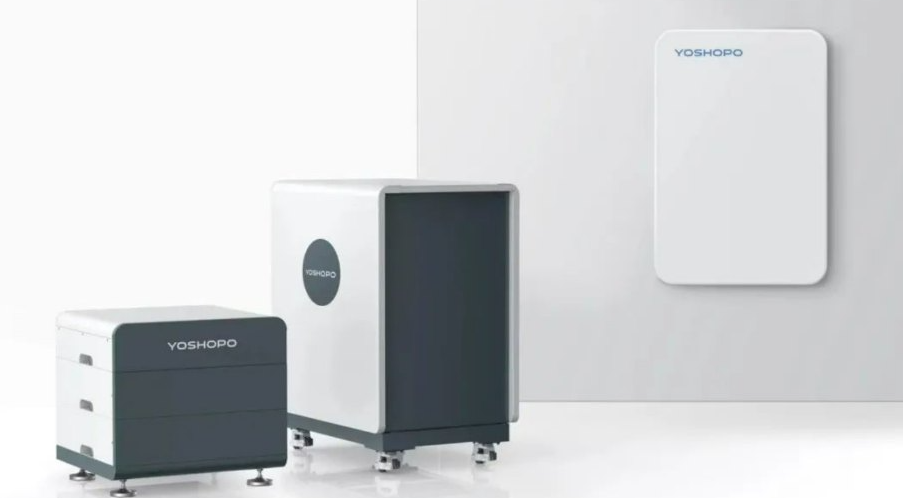
4.2 Advanced Technology and Industrial Design
At the heart of the YOSHOPO intelligent home storage system lies a fusion of advanced energy storage technology and industrial design aesthetics. Designed for both home and light commercial applications, the product embodies sophistication and functionality. Its modular design allows for flexibility in usage, enabling users to adjust the number of energy storage units based on their needs. The system’s compatibility with a wide range of photovoltaic systems and hybrid inverters on the market further enhances its adaptability and usability.
4.3 Safety and Reliability
Safety is paramount in the design of the YOSHOPO system. Equipped with lithium iron phosphate batteries featuring a stable olivine structure, the system ensures reliability and longevity. The incorporation of a safe and reliable winding process, along with an all-round aluminum shell welding process and an explosion-proof valve design, further enhances safety measures. Compared to traditional lead-acid batteries, the YOSHOPO system offers increased single battery capacity, improved power supply efficiency, and an extended cycle life, making it a safe, reliable, and long-lasting energy storage solution.
4.4 Functionality and Integration
Functionality is seamlessly integrated into the YOSHOPO system. Its smart app allows users to achieve real-time remote monitoring of the system’s operation, enhancing user experience and control. Moreover, the system’s simple yet elegant design ensures easy integration into various styles of modern home decoration. By perfectly integrating the battery system, the YOSHOPO system adds a touch of sophistication to any living space while providing unparalleled energy storage capabilities.
Future Trends and Innovations
5.1 Advancements in Power Electronics
Looking ahead, advancements in power electronics hold great promise for the future of hybrid inverter technology. Continued research and development efforts are expected to lead to the development of more efficient and compact inverters capable of handling higher power capacities. This will further enhance the scalability and applicability of hybrid inverters in various energy systems.
5.2 Integration of Artificial Intelligence (AI)
Furthermore, the integration of Artificial Intelligence (AI) into hybrid inverter systems is poised to revolutionize energy management and optimization. AI algorithms can analyze vast amounts of data in real time, enabling predictive maintenance, load forecasting, and optimal energy scheduling. This will result in increased system reliability, improved energy efficiency, and greater cost savings for users.
5.3 Shaping the Energy Internet Industry Ecology
In conclusion, hybrid inverters are set to play a pivotal role in shaping the Energy Internet Industry Ecology and Energy Trading Platforms of the future. As manufacturers like CNTE continue to innovate and develop advanced hybrid inverter solutions, the potential for creating intelligent microgrid ecosystems and unlocking new opportunities in the energy sector is immense. By leveraging the synergies between hybrid inverters, Smart BESS Charging & Testing Stations, and EMS technologies, we can pave the way toward a more sustainable and resilient energy future.
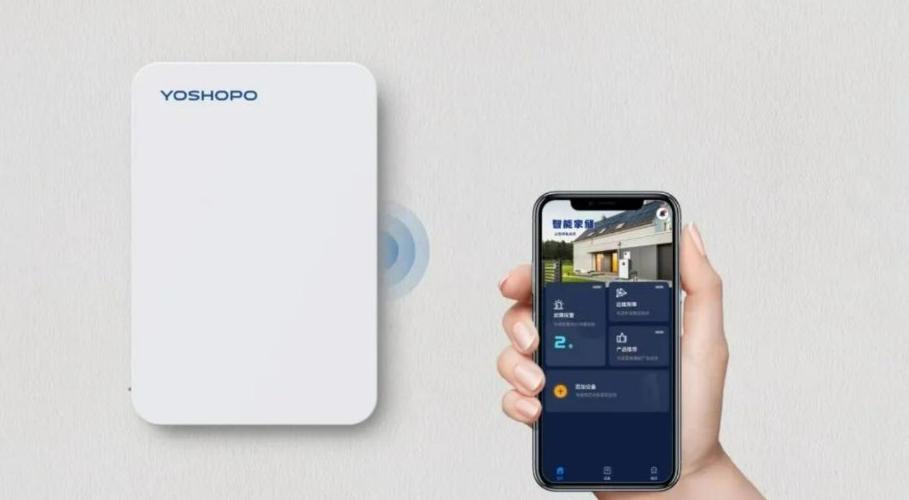
Conclusion
As the global transition towards renewable energy accelerates, Inverter on Grid Integration stands at the forefront of this paradigm shift. Through seamless integration of renewable energy, energy storage systems and grid connectivity. Hybrid inverters offer many benefits, including increased energy independence and potential revenue streams through energy trading. As manufacturers such as CNTE continue to innovate and advance hybrid inverter technology. The future of smart energy systems is looking increasingly bright.
Get In Touch
Recent Posts
-

CNTE’s 90th Smart BESS EV Charging Station in operation in Shanghai
Jul 15, 2024 -

CNTE New Smart BESS EV Charging Station Landed in Shanghai
Jul 10, 2024 -
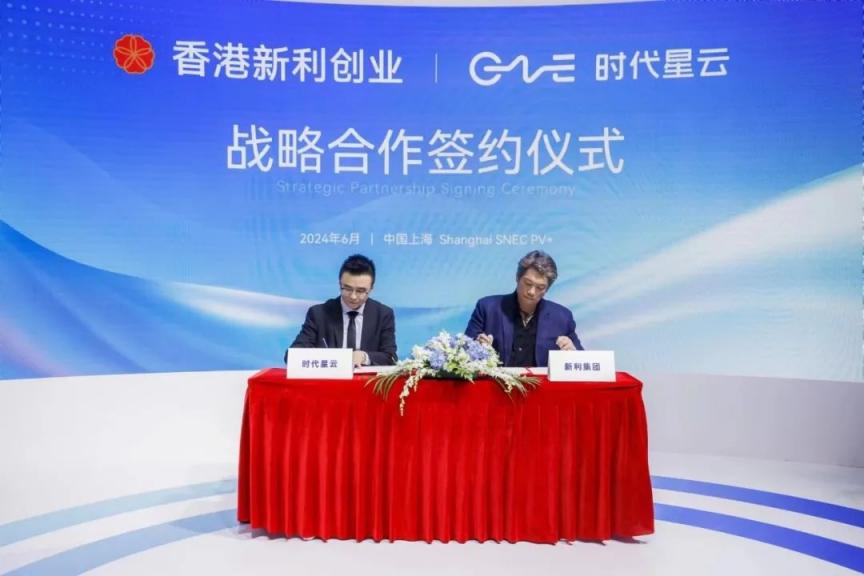
CNTE strategic signing at SNEC 2024 Shanghai
Jul 10, 2024 -
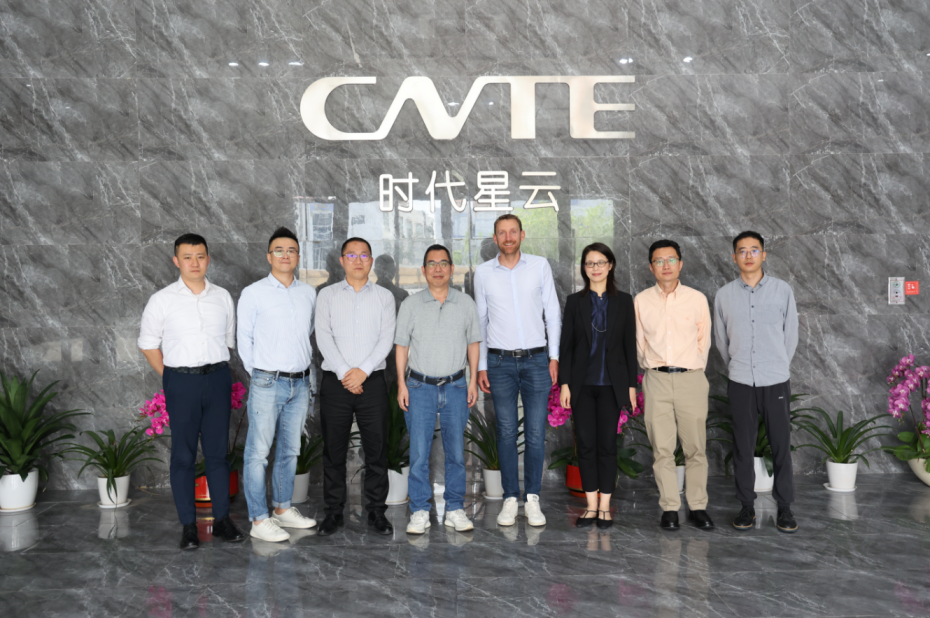
BP Group Co-operation Visit to CNTE
Jul 10, 2024 -
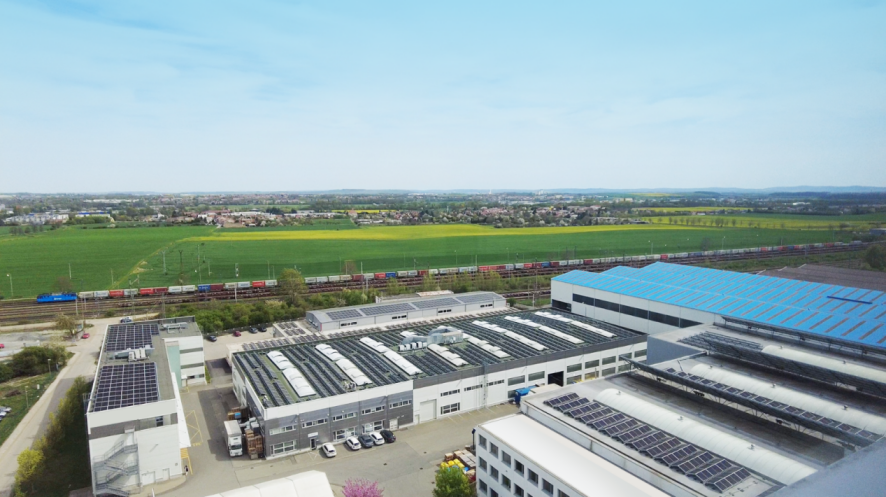
CNTE C&I ESS lands in Czech Industrial Park
Jul 10, 2024
